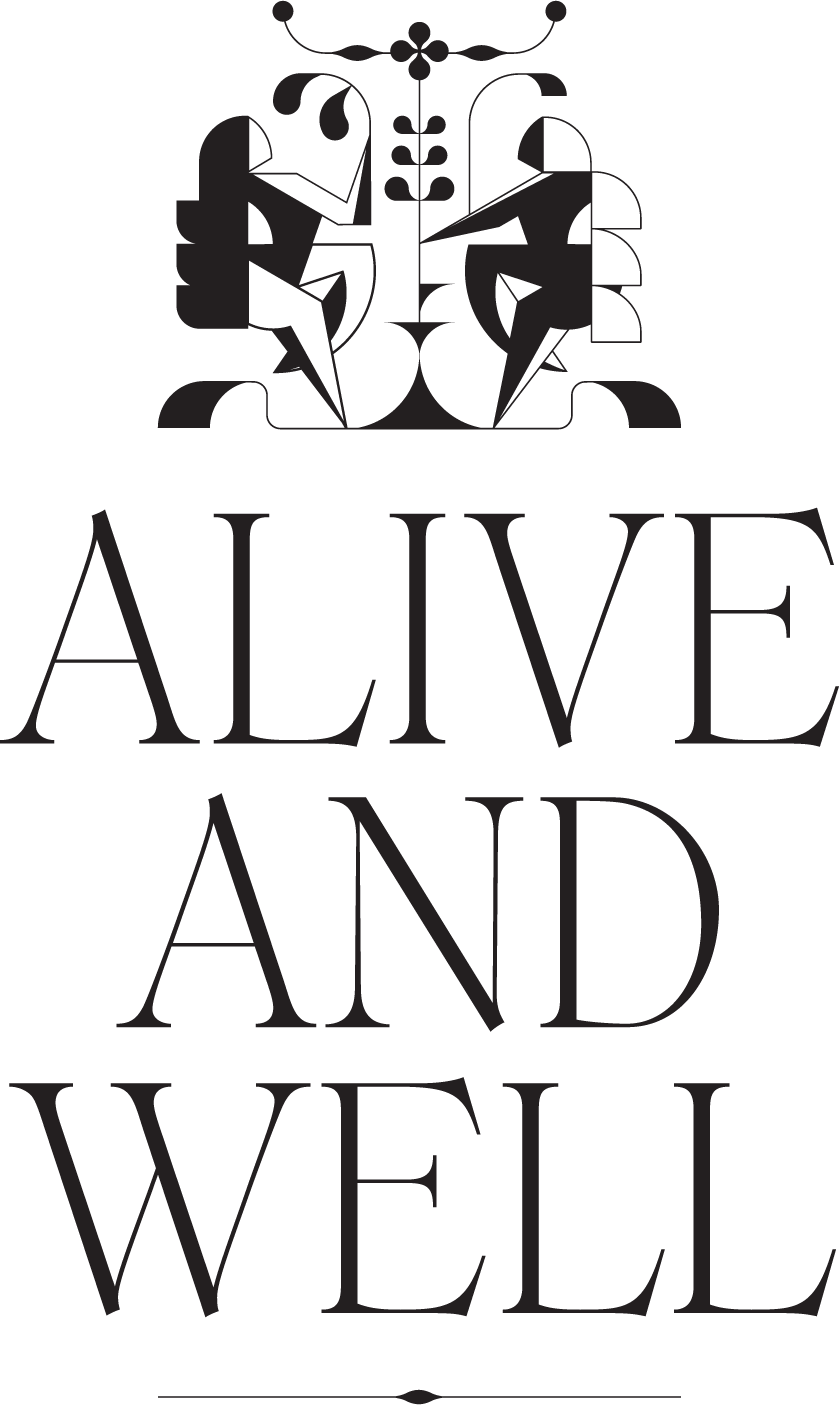Collagen is a popular topic in the wellness community nowadays. You’ve probably heard about its benefits for the skin, hair, and nails, but did you know it also has potential benefits for your overall health? In this blog post, we will closely examine some frequently asked questions about collagen. For example, can you take collagen supplements while breastfeeding? Does fasting affect collagen production? Can collagen help with joint pain? We’ll answer all these questions and more so you can make informed decisions about incorporating collagen into your self-care routine. So, let’s dive into the world of collagen and uncover the truth about this trendy protein!
Introduction to Collagen Supplements
Collagen, a protein abundant in the body, is the glue that holds everything together. It’s a vital component of our skin, bones, muscles, tendons, and organs, and it plays a significant role in maintaining their overall health and stability. There are many different types of collagen, each with its unique signature. Type I collagen, for example, is found in our skin and tendons, while type II collagen is most commonly found in our joints.
Recently, collagen supplements have gained popularity to boost collagen levels in the body and potentially improve various areas of health. While more research is needed to understand all the benefits of collagen supplements fully, many people swear by them and report experiencing fewer wrinkles, stronger nails, and healthier joints.
Collagen and Breastfeeding: What You Need to Know
Collagen supplements are not known to be harmful while breastfeeding, but consulting with a healthcare provider is essential. There is limited information on collagen’s potential effects on breast milk composition, so monitoring for any changes if you decide to take collagen supplements is important. Always speak with your doctor before taking any new supplements while breastfeeding.
Exploring the Connection: Collagen and Fasting
Intermittent fasting is a method where you alternate between periods of not eating and eating within a specific time frame. Many people swear by the health benefits, such as improved insulin sensitivity and weight loss. However, there needs to be some clarification about whether collagen breaks fast. Most experts agree that consuming collagen during a fasting state is unlikely to derail the benefits of intermittent fasting completely.
Collagen contains very few calories and is unlikely to impact insulin levels or other markers of fasting significantly. However, for strict adherence to an intermittent fasting protocol, avoid consuming collagen during fasting periods to ensure maximum benefits.
Collagen and Acne: Myth or Reality?
While collagen supplements may benefit your skin, they do not directly cause acne breakouts. However, some supplements may contain added ingredients like sugar and dairy that can trigger acne in some individuals. In addition, animal-derived collagen supplements could contain hormones that may indirectly contribute to acne. Overall, it’s important to remember that everyone’s skin is different, and what works for one person may not work for another.
Decoding Collagen: Types, Sources, and Dosage
Collagen supplements come in different types, including Type I collagen, the most common type typically derived from bovine or marine sources. It is known for its ability to improve skin elasticity and reduce the appearance of wrinkles. Type II collagen, on the other hand, is often sourced from the chicken sternum and is believed to be particularly beneficial for joint health. Regarding sources of collagen in supplements, marine collagen, sourced from fish skin and scales, is another popular option. Some supplements also contain collagen from chicken or pork sources.
The recommended daily dosage ranged from 2.5-15 grams, depending on the supplement’s type and desired benefits. Collagen supplements are available in powder, capsule, or liquid form and can be added to food or drinks.
Collagen Supplements: Are They Safe?
While collagen supplements generally have a good safety profile, there are potential side effects and allergies to be aware of. These can include digestive issues, rashes, and breathing difficulties. In addition, if you have a specific medical condition, it’s important to talk to your doctor before taking collagen supplements. For example, individuals with allergies to certain animal products or kidney problems should take extra precautions.
The Science Behind Collagen Supplements
Essentially, collagen is a protein that is naturally produced in our bodies. However, as we age, our bodies naturally produce less collagen, which can lead to wrinkles, joint pain, and other effects. This is where collagen supplements come in, as they are designed to provide additional collagen to our bodies to help keep things running smoothly.
But how do they work? The absorption and bioavailability of collagen depend on the source of the collagen and the form in which it is taken, whether it is liquid, powder, or pill form. Nevertheless, scientific studies have consistently supported the efficacy of collagen supplements in improving skin elasticity, reducing wrinkles, and improving joint health.
Enhancing Collagen Absorption and Synthesis
Enhancing collagen absorption and synthesis is essential to keep our bodies functioning optimally. A few vital factors can affect collagen absorption, such as age, gut health, and vitamin C deficiency. However, a nutritious diet can provide the optimal environment for collagen synthesis. Eating a healthy balanced diet rich in vitamins and antioxidants can help support collagen production and rejuvenate our bodies. In addition, adopting lifestyle habits like regular exercise and getting enough sleep can promote collagen production and synthesis.
Collagen vs. Other Anti-Aging Solutions
While treatments like Botox and fillers offer almost immediate results, they don’t necessarily address the root cause of aging skin. Collagen supplements, on the other hand, aim to boost the body’s natural collagen production, which can lead to smoother, more youthful-looking skin in the long run. But, of course, collagen alone may not be enough to achieve your desired results. Many experts recommend combining supplements with skincare products like retinoids and vitamin C serums for maximum efficacy.
Addressing Common Misconceptions
Collagen supplements have become popular in recent years as the battle for youthful skin rages on. However, there are several misconceptions regarding the effectiveness of these products. While it’s true that collagen is an essential protein for skin health, consuming it in supplement form does not necessarily mean your skin will absorb and use it effectively. Additionally, many marketing claims by companies promoting collagen supplements are not backed by scientific research.
Before purchasing any collagen product, it’s essential to do your research and understand the difference between facts and marketing. While collagen supplements may have potential benefits, debunking common myths and being an informed consumer can help you make the best purchasing decision for your individual needs.
Collagen and Exercise: Performance and Recovery
When it comes to exercise and physical activity, we often hear about the importance of protein for building muscle and promoting recovery. But did you know collagen also plays a vital role in supporting athletic performance? Collagen is the most abundant protein in our bodies and is essential for maintaining the health and strength of our muscles, tendons, and ligaments. Plus, collagen can help alleviate joint pain and stiffness, making it a valuable supplement for those involved in high-impact activities. For athletes and active individuals looking to optimize their performance and recovery, incorporating collagen supplements into their routine might be just what they need to take their training to the next level.
Collagen Supplements: Finding the Right Fit
With the rise of collagen supplements, finding the right fit for your needs and goals is important. Before selecting a collagen supplement, consider what you are hoping to achieve. For example, do you want to improve the appearance of your skin or reduce joint pain? This will guide you toward the appropriate collagen supplement type. It is also crucial to choose reputable brands, as not all collagen supplements are created equal. Look for brands that prioritize transparency in their sourcing and production processes. You can see our favorite high-quality brands here.
Collagen and Hair, Skin, and Nails
We all want to look and feel our best, but sometimes our hair, skin, and nails need a little extra TLC. Collagen is a protein that gives your body structure and is a key ingredient for keeping your hair healthy and strong. Without sufficient collagen, your hair can become brittle and prone to breakage. Collagen also plays a critical role in skin elasticity and hydration.
As we age, our bodies produce less collagen, leading to wrinkles and fine lines. Fortunately, collagen supplements can help replenish lost collagen, which can, in turn, reduce the appearance of wrinkles and enhance the skin’s overall appearance. And let’s not forget about nails- they can also benefit from collagen supplements! By nourishing your body with collagen, your nails can become stronger and less prone to breakage.
Collagen and Gut Health
Collagen has been getting much attention in recent years for its potential benefits for gut health. This protein, which is found in connective tissues throughout the body, may play a significant role in promoting a healthy gut microbiome. By providing important amino acids that support the growth and repair of gut tissues, collagen may help address digestive issues like leaky gut syndrome and inflammation that can lead to other health problems. Additionally, when taken as a supplement, collagen has been shown to improve gut barrier function and support the growth of beneficial bacteria in the gut ecosystem.
Collagen and Bone Health
Collagen is a protein that provides structure and support in our bodies, including our bones. It acts as a glue that holds our bones together and gives them strength. Unfortunately, our bodies naturally produce less collagen as we age, leading to decreased bone density and a higher risk for osteoporosis. However, research has shown that collagen supplementation can help enhance bone health and even prevent osteoporosis.
Collagen and Joint Health
Collagen plays a key role in supporting the health and function of your joints, as it helps cushion and support the bones in your joints to move smoothly. Some research suggests that taking collagen supplements can help reduce joint pain and inflammation and improve joint mobility and overall joint health. However, if you’re dealing with arthritis or other joint conditions, there are some considerations you should keep in mind before incorporating collagen into your routine. Be sure to talk with your doctor or a healthcare professional to determine the best course of action.
Collagen and Weight Loss
As we all know, shedding those extra pounds can be an uphill battle. While diet and exercise are the key components of any weight loss journey, other factors come into play. For example, collagen has recently been touted as a potential weight loss aid. The reason is that it may help suppress the appetite and boost metabolism. What’s more, incorporating collagen into your diet is easy. You can consume it through supplements, protein bars, or bone broth. However, it’s important to remember that collagen should not be viewed as a magic bullet. Instead, it’s simply a piece of the larger puzzle when achieving and maintaining a healthy weight.
Conclusion
After learning about the benefits of collagen, it’s natural to have some lingering questions. Whatever your queries, it’s important to seek answers from reliable sources. Fortunately, by reading this blog, you’re already on the right track! Of course, it’s always best to consult a healthcare professional before starting new supplements. Still, with the right information and guidance, you can confidently make informed decisions about your health. Don’t be afraid to ask questions and continue learning about the excellent benefits of collagen for your body.









